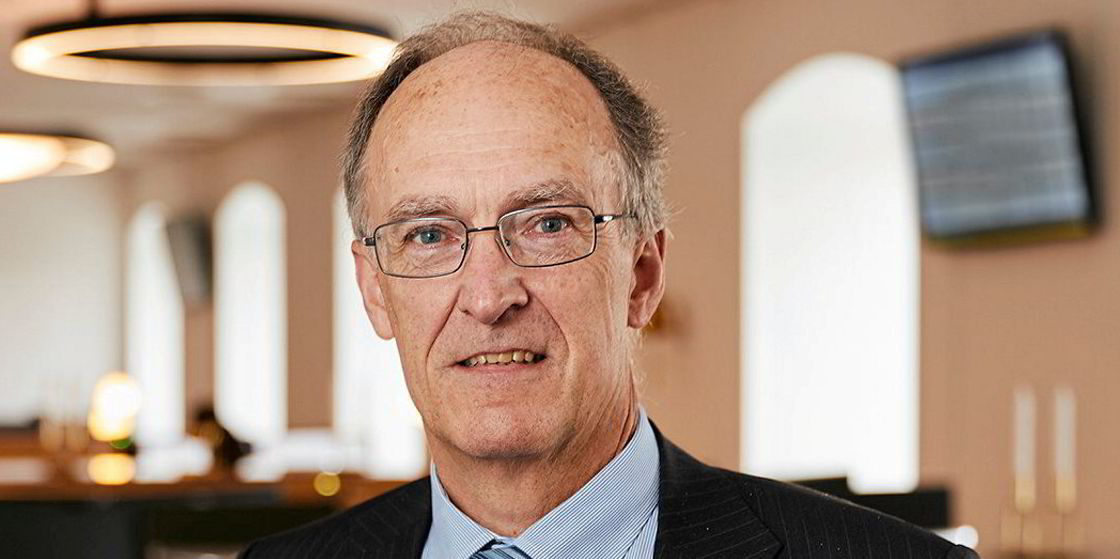Monjasa chairman Christian Merrild has died after a sudden illness.
The Danish bunker and tanker group called him "skilled and beloved".
The former DFDS and J Lauritzen finance chief was 67.
Monjasa said it announced his death "with great sadness" and that Merrild had gone "all too soon".
Merrild joined the board just over 11 years ago and served as chairman for the past 10 years.
He trained as a state-authorised accountant at KPMG in 1974, staying there until 1982.
Merrild then entered the Danish shipping sector by joining shipowner J Lauritzen, where he worked for 11 years to 1993.
He served as chief financial officer at the company, before leaving for ropax group DFDS, where he stayed until 2009, also as CFO.
The Monjasa chairman then became a management consultant.
"With a professional career dating back to 1974, Monjasa enjoyed Christian's broad industry and life experience throughout our time together," the company said.
"Christian's personality possessed a great sense of justice and loyalty and he always wished the best for everyone around him," Monjasa added.
Much missed
The board of directors said his presence and friendship will be missed immensely.
"His profound personal interest in all parts of the Monjasa Group was admirable," the board added.
Flemming Ipsen will take over as chairman.
The former AP Moller-Maersk executive became a director in 2016.
"We are pleased that Flemming promptly accepted his new role and thereby also ensures continuation of the ongoing work in the board of directors," the company said.
Monjasa added that Ipsen has thorough experience and profound knowledge of international shipping.
Ipsen began his career as a lawyer and spent 33 years with Maersk.
He was chairman at Danish shipowner Torm between 2013 and 2015.
The Monjasa board now comprises Ipsen, Lotte Gronborg Lundberg, Peder Gellert Pedersen and Monjasa chief executive Anders Ostergaard.
In September, the company moved to secure future talent by taking on 10 trainees.
The company has been training a number of its own young employees since 2018 because it sees no "obvious" recruitment channels for the specialised ship fuel industry.





